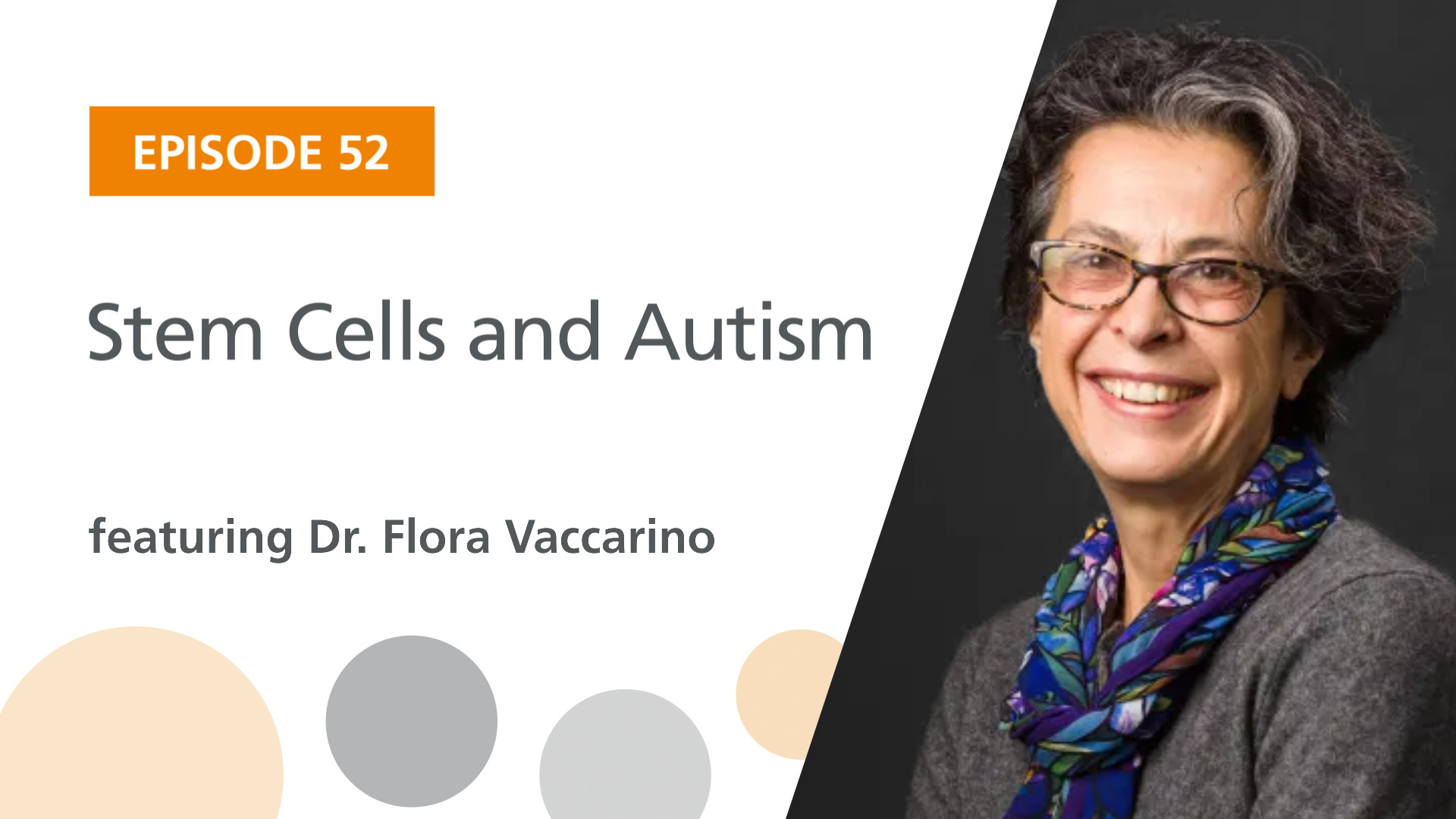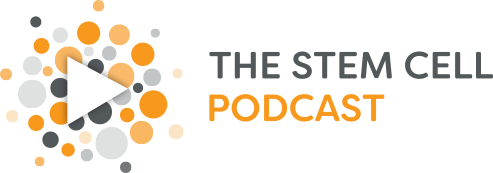
Podcast: Play in new window
Guest:
Dr. Flora Vaccarino from Yale University joins the show to discuss stem cells and autism, specifically her work on neural stem cells and how she is using them to study Autism Spectrum Disorder.
Resources and Links
Citizen Science Effort Highlights How Little We Know about Invisible Life in Our Own Homes – Scientists are announcing the discovery of thousands of unidentified species living in and around homes in the United States.
Reprogramming Cancer Cells Back to Normal Looks Feasible, Study Shows – A new study in Nature Cell Biology suggests there may be a way to change the code so that cancer cells revert back to normal cells.
Does This Phylum Make Me Look Fat? – Beyond carbs and fats, some studies have hinted that a key group of gut microbes — from the phylum Firmicutes — might be more common among people who are overweight.
Identifying The Gene Switch That Turns Fat Cells Bad – This article reports that using state-of-the-art DNA editing tools, scientists have identified a genetic switch that helps govern the body’s metabolism.
Human Brain Grown in a Lab Could Be Most Complete Yet – Scientists developed a miniature brain in the lab that was grown from the skin cells of an adult human and, incredibly, boasts 99% of the genes found in a human fetal brain.
Science of Making Memories: Part of Your Hippocampus Decides Which Experiences are New or Different Versions of the Same – This article reveals that the CA3 region, a region of the hippocampus, decides what you will and can remember by answering the question: Is it the same or is it different?
Major Publisher Retracts 64 Scientific Papers in Fake Peer Review Outbreak – In the latest episode of the fake peer review phenomenon, one of the world’s largest academic publishers, Springer, has retracted 64 articles from 10 of its journals after discovering that their reviews were linked to fake e-mail addresses.
Safeguarding Gene Drive Experiments in the Laboratory – Multiple stringent confinement strategies should be used whenever possible in creating gene drive systems.
Estimating the Reproducibility of Psychological Science – Scientists conducted a large-scale, collaborative effort to obtain an initial estimate of the reproducibility of psychological science.
Adding Chili To Food Really CAN Help You Lose Weight: Compound In Fiery Peppers Tells The Body It’s Full, Preventing Over-Eating – Eating chili peppers can activate the stomach to stretch and release the ‘full-feeling’ signals, stimulating a receptor called potential vanilloid 1 channel protein which stops a person from overeating.
FDA Approves Addyi, a Libido Pill for Women – FDA approved the first prescription drug to enhance women’s sexual drive.
Biogen, Columbia to Map ALS Disease Genes With Ice Bucket Money – Biogen Inc. and Columbia University Medical Center will map the genes and clinical traits of 1,500 people with ALS, also known as Lou Gehrig’s disease, in an attempt to find a treatment for the devastating neurodegenerative disorder.
Stem Cells Survive Wild Ride on Prototype Space Capsule – Despite a rough landing, stem cells riding in a prototype capsule called the RED-4U survived a long fall back to Earth during a drop test — part of an initiative to research the cells in space.
Humanized Mice Reveal Differential Immunogenicity of Cells Derived from Autologous Induced Pluripotent Stem Cells – Using a humanized mouse model (denoted Hu-mice) reconstituted with a functional human immune system, researchers demonstrate that most teratomas formed by autologous integration-free human induced pluripotent stem cells exhibit local infiltration of antigen-specific T cells and associated tissue necrosis, indicating immune rejection of certain hiPSC-derived cells.
Landmark IPSC Clinical Study On Hold Due to Genomic Issue – This article reports that the pioneering induced pluripotent stem cell (IPSC) clinical study in Japan led by top stem cell clinical researcher Dr. Masayo Takahashi has been stopped due to mutation, potentially in a known oncogene, which is a serious concern.
Viral Infection in Colon Cancer Stem Cells Mimicked; Druggable Target Identified – Researchers targeting colorectal cancer stem cells – the root cause of disease, resistance to treatment and relapse – have discovered a mechanism to mimic a virus and potentially trigger an immune response to fight the cancer like an infection.
Rho-Signaling-Directed YAP/TAZ Activity Underlies the Long-Term Survival and Expansion of Human Embryonic Stem Cells – Researchers found that the capacity of human embryonic stem cells to undergo long-term expansion in vitro is intrinsically coupled to their cellular identity through interconnected molecular circuits that link cell survival to pluripotency.
Genome-wide RNA-Seq of Human Motor Neurons Implicates Selective ER Stress Activation in Spinal Muscular Atrophy – Selective activation of ER stress underlies motor neurons death in spinal muscular atrophy.
Limiting Replication Stress During Somatic Cell Reprogramming Reduces Genomic Instability in Induced Pluripotent Stem Cells – This article reveals that lowering replication stress during reprogramming, genetically or chemically, provides a simple strategy to reduce genomic instability on mouse and human induced pluripotent stem cells.
Functional Gene Correction for Cystic Fibrosis in Lung Epithelial Cells Generated from Patient iPSCs – This article describes the process of using CRISPR to target corrective sequences to the endogenous cystic fibrosis transmembrane regulator genomic locus, in combination with a completely excisable selection system, which significantly improved the efficiency of this correction.
Photo Reference: Courtesy of Dr. Flora Vaccarino

